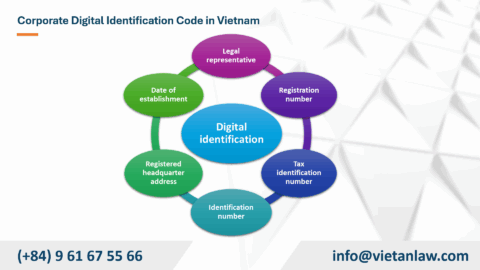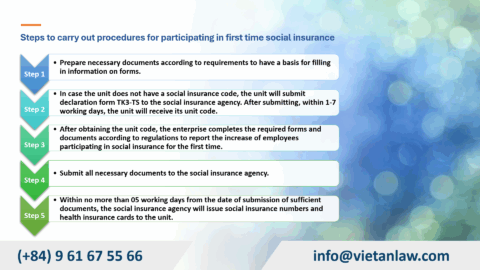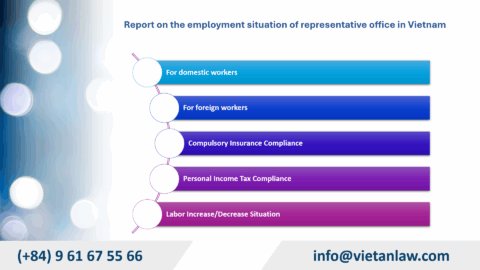Divorce disputes are a common type of dispute in marriage and family relationships and tend to increase in today’s life. Normally when divorcing, if the parties cannot reach an agreement, the following disputes will arise: disputes about marital (emotional) relationships, disputes about child custody relationships, and disputes about financial relationships. product. To solve this problem, Viet An Law Firm has compiled some important consulting on resolving divorce disputes as follows.
To understand the term “divorce dispute”, we first need to clearly understand the term “divorce”. The concept of divorce can be understood in a broad sense as the ending of the marital relationship by a decision of the Court after a request by one or both parties in the marriage. According to this, all legal responsibilities and obligations of both husband and wife in marriage and other civil obligations will be canceled. The court is the only agency with the authority to decide to terminate the marital relationship of husband and wife.
In terms of law, the term “divorce” is specified in Clause 14 of Article 3 of the 2014 Law on Marriage and Family as follows: “Divorce is the termination of marital relations according to an effective judgment or decision of the Court“. This is considered the most complete and accurate definition for setting out the concept of the end of the marital relationship within the scope of the law.
In addition, talking about divorce disputes, in Clause 1, Article 28 of the Civil Procedure Code 2015, there is a regulation that divorce is a type of marital and family dispute under the jurisdiction of the Court. Divorce disputes will arise when the parties are unable to agree and agree with each other to resolve an issue regarding the legal rights and obligations of the parties upon divorce. Thus, divorce disputes are understood as disputes about the legal rights, interests, and obligations of the subjects in the legal relationship of marriage and family.
Actual results have shown that divorce disputes are often highly complex, often lengthy, and require a lot of time, finance, and effort from the parties involved. To properly meet the requirements of the parties involved, correctly identifying the subject of the dispute in the dispute plays an extremely important role. Subjects of dispute that often appear in divorce disputes include disputes over joint custody of children and disputes over the property (including common assets and common debts of the couple).
When divorced, child custody disputes become a sensitive and complicated issue. Article 81 of the Law on Marriage and Family stipulates several basic principles to resolve this issue reasonably and fairly.
First, an agreement between the couple about who will directly raise the children after divorce is the top priority. This agreement needs to clearly define the obligations and rights of both parties regarding the upbringing and care of the children. However, in the absence of an agreement, the Court is the only body with authority to decide this issue. The court will consider and decide on the person directly raising the children based on the best interests of the children. This requires consideration of various factors as follows:
Second, in the case of children 7 years old or older, the child’s wishes are also considered in the process of resolving child custody issues. Children under 36 months old will usually be given to the mother to raise directly, but this also depends on the mother’s ability and conditions. In case the mother does not have enough conditions to look after, care for, raise, and educate the child, or in case the parents have another agreement that is more suitable for the child’s interests, the Court will consider and make a decision.
During the process of resolving child custody disputes, the Court will focus on ensuring the best interests of the child. The main goal is to identify people who can provide the best environment for children to develop comprehensively, both physically and mentally. Additionally, the Court shall ensure the right to visit the child of the remaining person who does not directly raise the child but still has the right to support the child.
If there is a dispute between husband and wife regarding property division upon divorce, the Court will apply the provisions in Clause 2, Article 50 of the Law on Marriage and Family 2014, and the dispute resolution process will be resolved fairly and reasonably, the basic principles to resolve the issue of dispute resolution are applied as bifurcation but many other factors can also be considered in each specific case.
While resolving the issue of dividing property between husband and wife upon divorce, the Court must determine what common property includes. At the same time, determine whether the husband or wife has property rights and obligations related to a third party or not. If so, the third person must be brought into the proceedings as a person with rights and obligations. In case the husband and wife have property rights and obligations related to the third party, if they make a suit to the Court include it in the settlement along with the resolution of the wife’s dispute. If in the case of a third person related to the common property of the couple but does not request settlement, the Court will instruct them to resolve another dispute.
Authority to resolve divorce disputes involving foreign elements
According to Clause 3, Article 35 of the Civil Procedure Code, the District People’s Court will not have the authority to resolve civil, marital and family disputes and requests that include:
Under Clause 3, Article 37 of the Civil Procedure Code 2015, in the above cases, the Provincial People’s Court will have the authority to resolve disputes according to first-instance procedures in the above cases. Except for special cases specified in Clause 4, Article 35 of the Civil Procedure Code 2015, if the divorce takes place between a Vietnamese citizen residing in a border area and a citizen of a neighboring country residing in the same border areas with Vietnam, the jurisdiction to resolve the matter belongs to the district-level People’s Court. This is to reduce the burden on the provincial people’s court while creating favorable conditions for people living in border areas to travel conveniently.
In addition, Point c, Clause 1, Article 40 of the Civil Procedure Code 2015 stipulates that if the defendant does not have a place of residence, work, or headquarters in Vietnam or the case is about an alimony dispute, plaintiffs can request the Court where they reside, work, or are headquartered to resolve the matter.
Thus, normally, divorce cases involving foreign elements have jurisdiction over the Provincial People’s Court.
Documents requesting resolution of divorce disputes
Depending on the dispute, there will be separate documents. However, to initiate a lawsuit in court, it is necessary to prepare a lawsuit petition, accompanied by documents and evidence proving the legitimate rights and interests of the infringed plaintiff. Normally it is necessary to provide the following documents:
Procedures for requesting resolution of divorce disputes
Accordingly, if the parties need to ask a lawyer to assist with divorce proceedings, they can request from the beginning for the lawyer to support the legal procedures as well as advise on related legal issues.
Lawyers at Viet An Law play an important role in handling cases related to divorce disputes, ensuring rights and fairness for the parties involved. Below are some important tasks that Viet An company lawyers will perform during this process:
If you need consulting on resolving divorce disputes, please contact Viet An Law’s lawyers for the most effective support.




